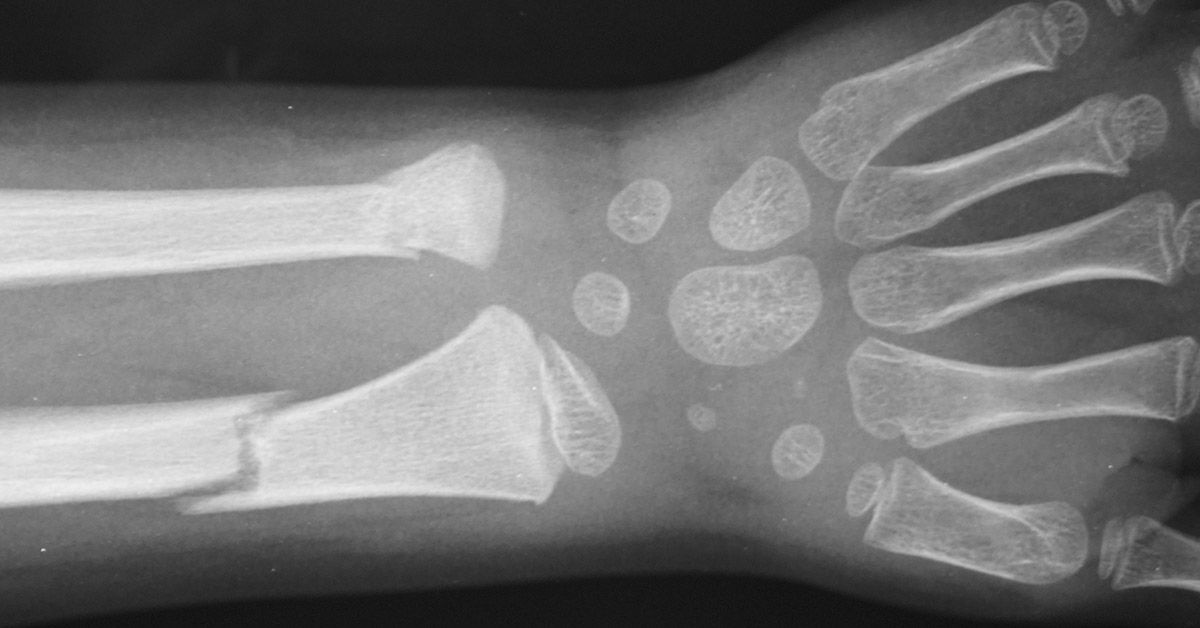A study from Columbia University showed that air pollution weakened bone density in postmenopausal women. The risk of osteoporosis, a chronic condition where bones become more brittle, increases with age. But it’s especially common for women after menopause. So the study authors examined data covering over nine thousand women in this age bracket. The researchers found a scary association between bone mineral density and the air these women breathe.
Study Finds Correlation Between Air Pollution and Brittle Bones
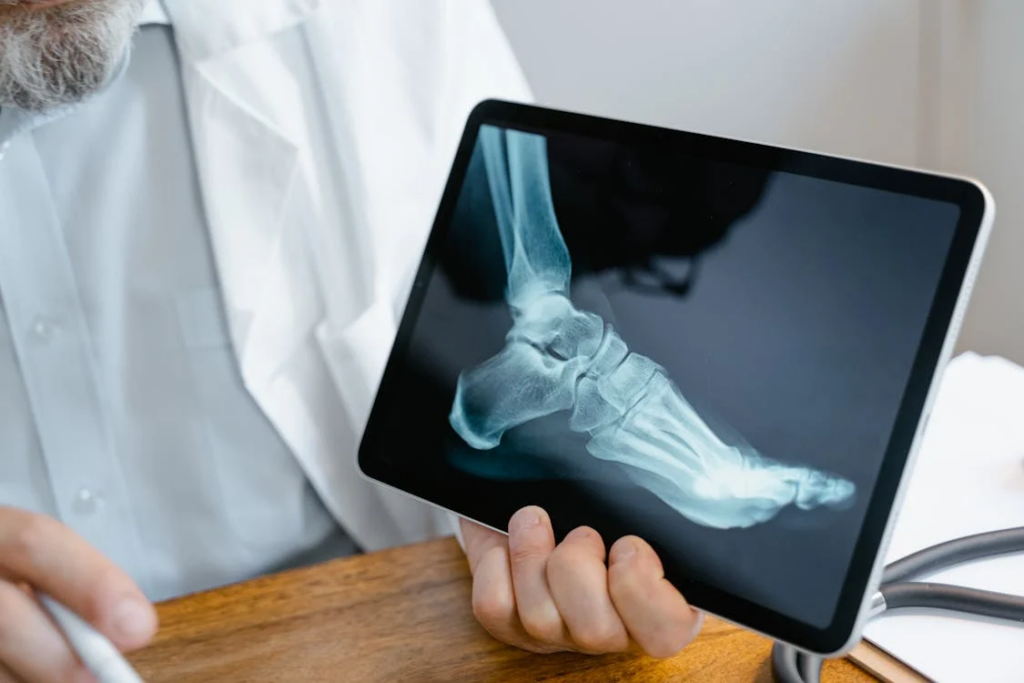
The researchers used the home addresses of the subjects to estimate their levels of sulfur dioxide, nitrogen dioxide, nitric oxide, and PM10 particulate matter (pollution smaller than 10 micrometers. They found that an increase in pollution correlated with decreased bone mineral density in the body, including areas like the hip, neck, and spine. [1] “Our findings confirm that poor air quality may be a risk factor for bone loss, independent of socioeconomic or demographic factors,” says Diddier Prada, an associate research scientist at Columbia University and first author of the study.
Read More: Your Bones Are Getting Weaker Year After Year, but There Are Ways to Keep Them Healthy
A Faster Rate Than What Comes With Natural Aging
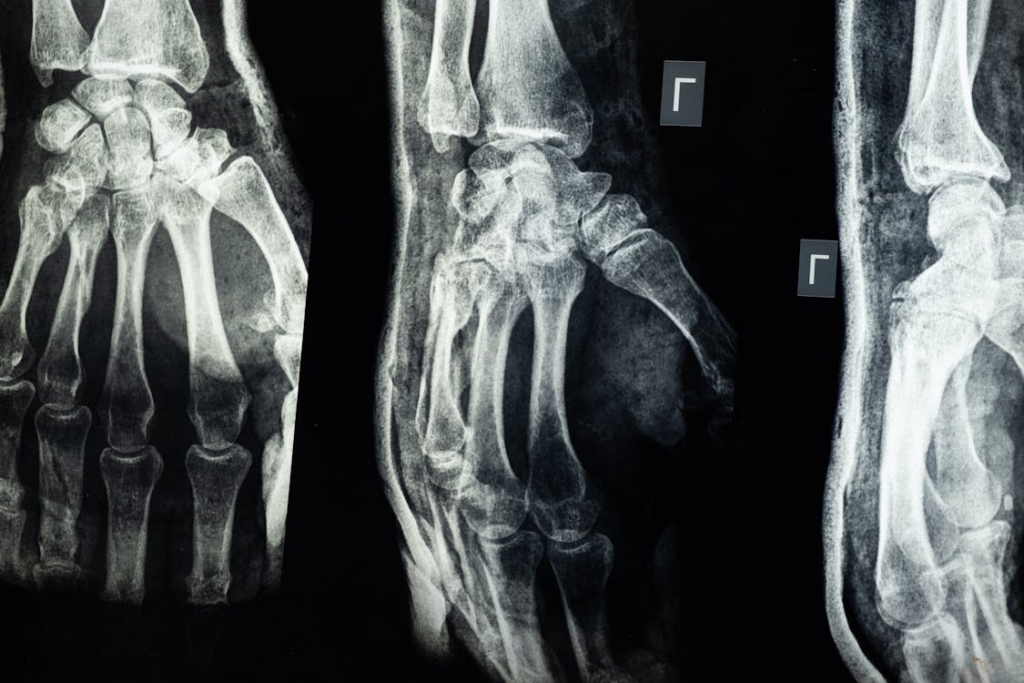
Previous studies have discovered a correlation between severe air pollution and an increased risk of bone fractures and eventual bone loss. However, this research investigates this effect on postmenopausal women and the effects of different mixes of air pollution. For instance, the researchers found a correlation between nitrogen and negative impacts on the spine. Moreover, this kind of pollution exposure over three years was linked to an annual loss of 1.22% bone mineral density in the lumbar spine, a faster rate than what comes with natural aging.
Stress And Its Part To Play
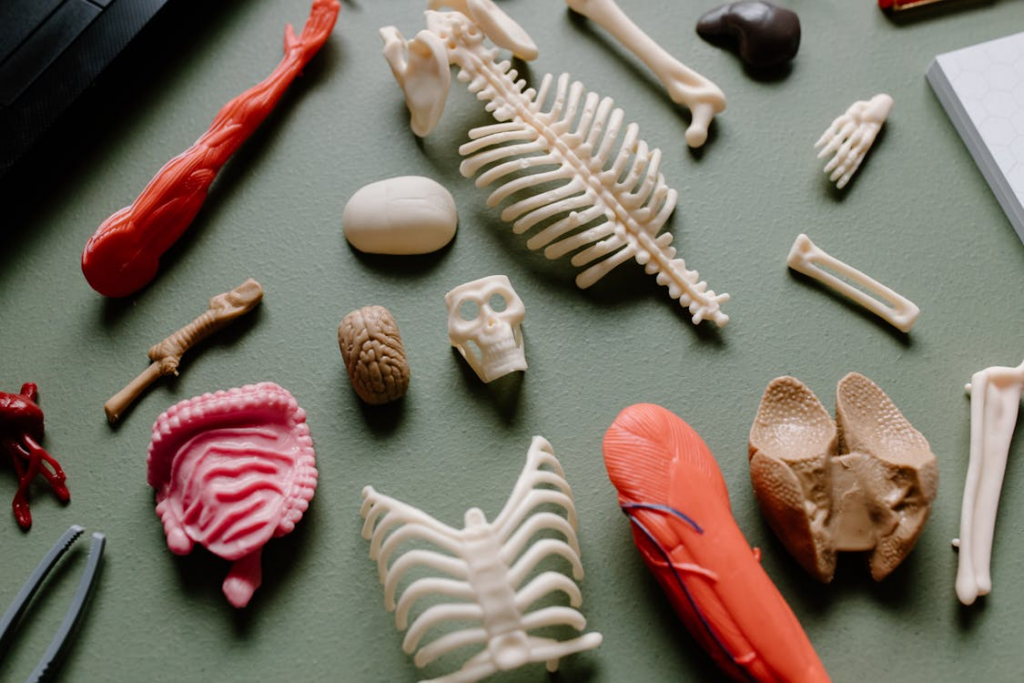
The researchers believed this occurs because of oxidative stress, where external molecules damage the body, plus other factors. “For the first time, we have evidence that nitrogen oxides, in particular, are a major contributor to bone damage and that the lumbar spine is one of the most susceptible sites of this damage,” says Prada. Although this study is not enough to definitively say air pollution causes bone loss, it does contribute to this theory.
In Any Event, it’s Enough to Encourage Solutions to Air Pollution

Factors like exhaust from cars and trucks, emissions from electrical power plants, and the agricultural industry all produce high amounts of nitrogen oxides. Additionally, it may be important to monitor people with osteoporosis and others susceptible to pollution’s effects. “Improvements in air pollution exposure, particularly nitrogen oxides, will reduce bone damage in postmenopausal women, prevent bone fractures, and reduce the health cost burden associated with osteoporosis among postmenopausal women,” says lead author Andrea Baccarelli, from the Department of Environmental Health Sciences at Columbia Mailman. [2]
Read More: Woman With Bone Disorder Shares Selfie Everyday For a Year
The Importance of Good Bone Health
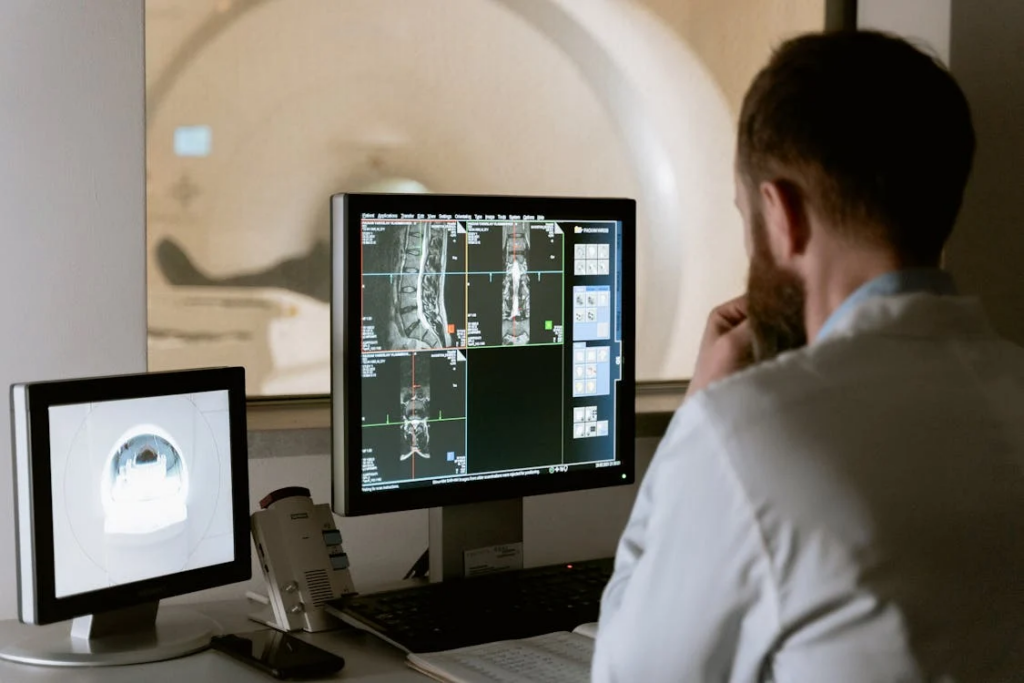
Bones are a crucial aspect of the human body, giving structure, protecting organs, as well as other important functions. However, calcium mass can decrease with age and people may develop osteoporosis, a condition where bones become brittle and fragile. Therefore, people affected have a high risk of bone fractures and breaks, even while doing regular activities like walking or even coughing. It may also appear as a loss of height, neck pain, and back pain. In fact, many people are unaware they have this condition until they suffer a fracture.
Risk Factors for Brittle Bones Include:
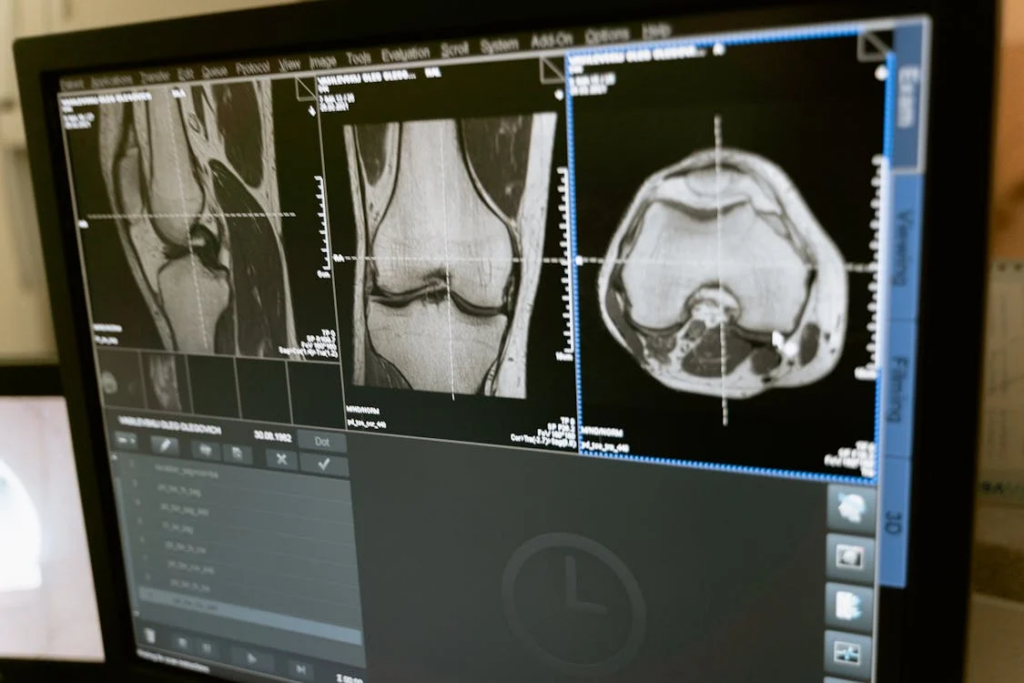
- Age
- Menopause
- Being female
- Being Asian or Caucasian
- Family history of osteoporosis
- Smoking habit
- Sedentary lifestyle
- Poor diet
- Lower body weight
- Small-boned body type
- Eating disorders and conditions that cause poor nutrient absorption like celiac disease
- Long-term use of medications like certain corticosteroid drugs, aromatase inhibitors, selective serotonin reuptake inhibitors, methotrexate, and anti-seizure medications. [3]
Tips For Better Bone Health
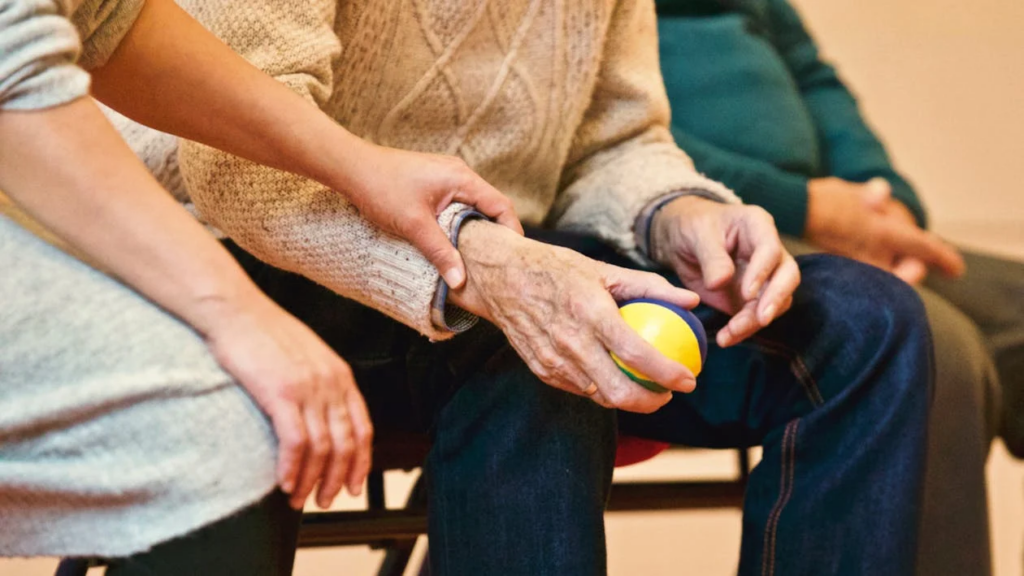
Although many risk factors for osteoporosis cannot be controlled (such as age and family history), there are ways to prevent or slow bone loss. Remember, if you are concerned about your bone health or have experienced a fracture, talk to your healthcare practitioner about your osteoporosis risk. They might recommend a bone density test to evaluate the current health of your bones. Based on the results, they may recommend medications and lifestyle changes to help slow the bone loss process.
Read More: A Concerning Discovery Found in an Astronauts Bloodstream
These Tips May Include:

- An increase in calcium in the diet. In addition to supplements, calcium comes from many foods, like almonds, broccoli, kale, dairy products, sardines, and soy products.
- An increase of vitamin D in the diet. This vitamin supports the absorption of calcium in the body. Good sources of it include tuna, salmon, whitefish, trout, eggs, mushrooms, fortified milk, and cereals, as well as sunlight.
- Exercise regularly, especially weight-bearing exercises like walking, jogging, climbing stairs, squats, pushups, and weight-training exercises with dumbbells and resistance bands.
- Avoid smoking and don’t drink more than 1–2 alcoholic drinks a day. [4]
Read More: Massive Study Shows Vitamin D Supplements May Help Fend Off Dementia
Sources
- “Air pollution and decreased bone mineral density among Women’s Health Initiative participants.” eClinical Medicine. Diddier Prada. February 14, 2023
- “Air Pollution Is Making Human Bones More Brittle, Study Suggests.” Science Alert. David Nield. February 24, 2023
- “What Do You Want to Know About Osteoporosis?” Healthline. Debra Stang. August 19, 2019
- “Bone health: Tips to keep your bones healthy.” Mayo Clinic. December 3, 2022
Disclaimer: This information is not intended to be a substitute for professional medical advice, diagnosis or treatment and is for information only. Always seek the advice of your physician or another qualified health provider with any questions about your medical condition and/or current medication. Do not disregard professional medical advice or delay seeking advice or treatment because of something you have read here.
